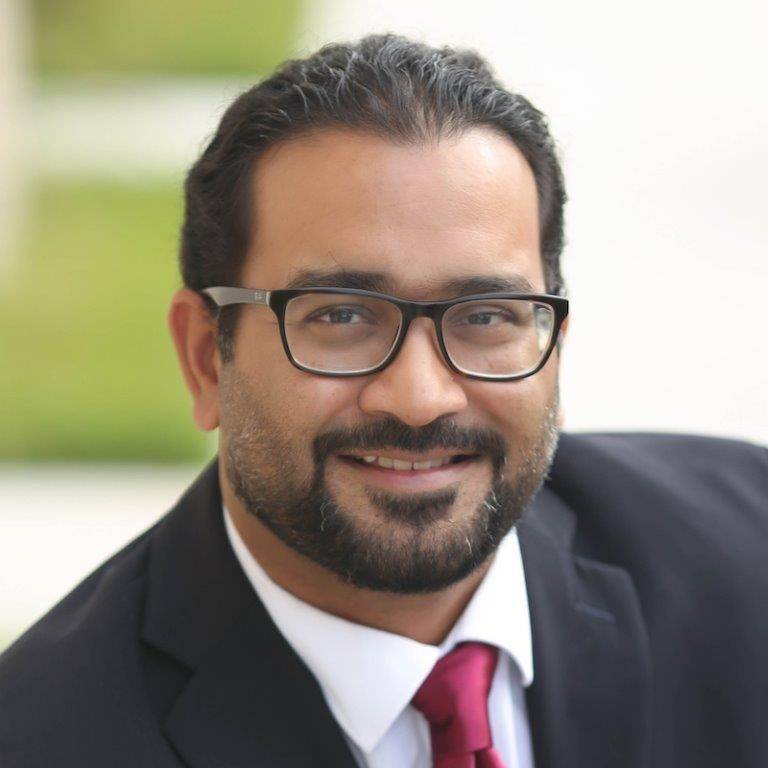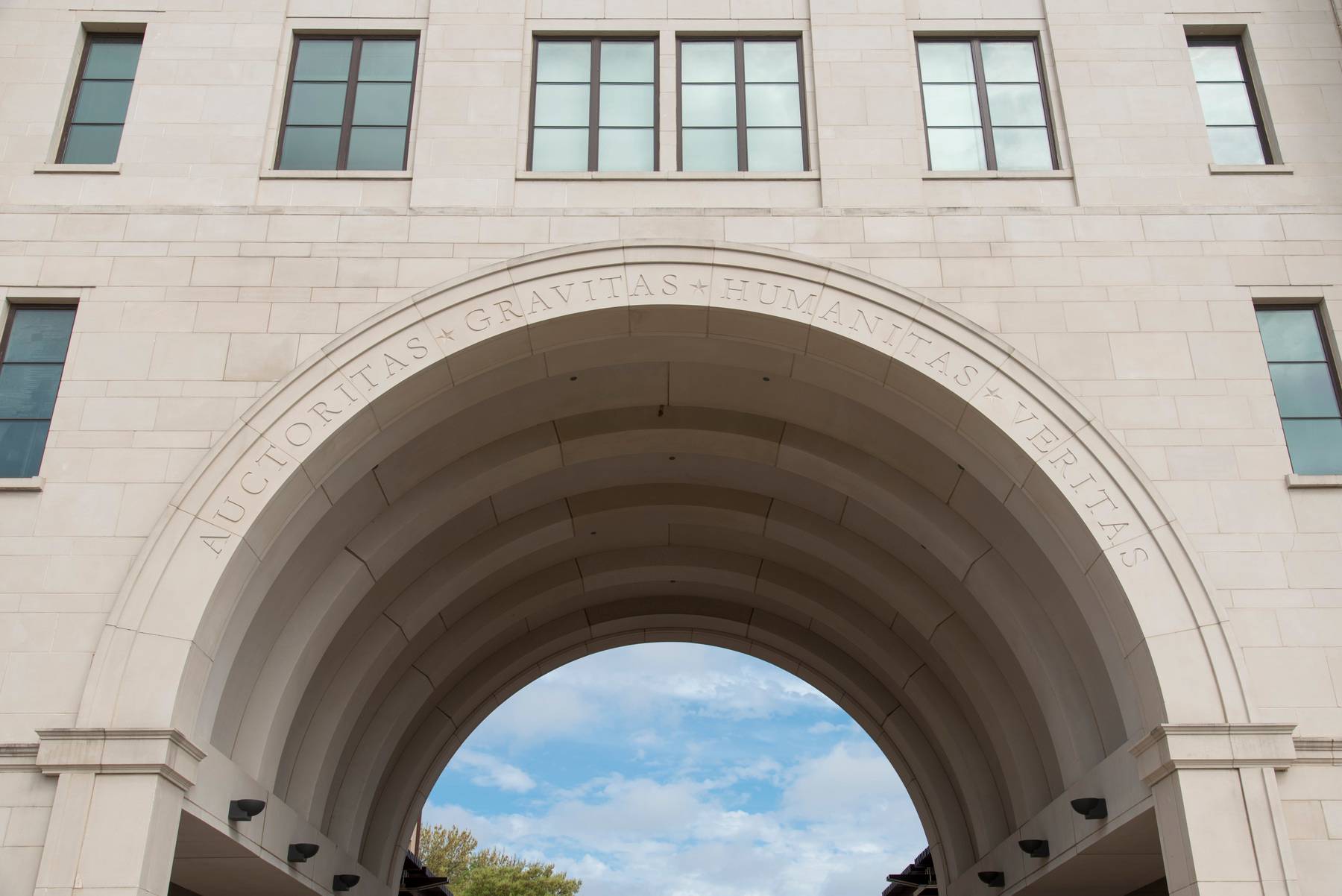Paul Diaz
Budget Manager
City of Waco, TX

Paul Diaz was a political science graduate working as a catastrophe property claims adjuster when he began looking into how he could make his “sliver of the world better.” He knew law school was a popular option for political science B.A.’s, but in his career field research he found many others continue on to pursue public administration. Although his initial interests were in environmental policy, the Texas State MPA program opened his eyes to the variety of other options available to him. Through his statistics and budgeting courses, Diaz became “fascinated with the nexus of public policy, stats, forecasting, and budgets.” Along with his Applied Research Project (ARP) on fuel economy standards, those new skills became a part of his core career tools for “forecasting property tax, sales tax, and debt capacity modeling.” Diaz now works as the Budget Manager for the City of Waco, having previously worked in similar positions with the Cities of Sugarland and Georgetown. His advice to students is to, “be a social butterfly,” and make connections with fellow classmates. Not only can one learn from each other, but one can make real connections for the future when looking to hire or be hired. He observes that “the hardest part of any organization is getting in. By developing those relationships, you lower the bar for entry.” He encourages everyone to apply to internships and learn from those willing to share their knowledge. He emphasizes the importance of learning invaluable skills such as Excel, pivot tables, SUMIFS and VLOOKUP even if one is not a “math person” ... Lastly, he emphasizes the importance of work-life balance as “key to ensuring satisfaction in your career and healthy relationships…You are so much more than your job title.”
Apurva Naik
Economic Development Integrator, Austin Regional Office
Economic Development Administration, US Department of Commerce

Apurva Naik is the Economic Development Integrator for the Austin Regional Office of the Economic Development Administration, and a Texas State MPA alumnus. Naik’s role requires federal inter-agency cooperation to promote economic development and provide resources to communities in need around the country, particularly those that have traditionally been underserved, suffered economic losses, or are victims of natural disasters. Naik works on programs to promote capacity building at local and regional levels that in turn create job opportunities and help businesses expand. His work in the public sector, vital to the development and prosperity of communities from New Mexico to Arkansas, has benefited tremendously from his experiences in the Texas State MPA program. Naik chose to pursue an MPA at Texas State because he “wanted to learn the research methods, management theories, and intricacies of public policy formation in order to be a more effective and successful public administrator.” 12 years in to his career of public service, Naik sought the “training, education, and resume strength of earning an MPA from a reputable state university in Texas.” The decision proved fruitful, with lessons taught in the classroom coming into practice “daily in [his] career,” and courses on public policy, public management and ethics, and organizational theory “establishing the foundations needed to be a successful leader in the public sector.” His capstone ARP (Applied Research Project) helped develop the “effective, efficient and reliable research” skills needed at upper levels of government. One of the most unique aspects of Texas State’s Master of Public Administration program is its diversity, Naik says. The flexibility of evening and online courses accommodates working professionals, and locations in San Marcos and Round Rock helps attract students from all over central Texas. The ability to meet, work, and network with the variety of MPA students helped Naik make life-long friends, develop a “valuable network of colleagues” in both the public and private sectors, and prepare him for the collaboration and teamwork needed in his career. He encourages current and prospective students to think in advance about their ARPs so they can best formulate a topic, conduct their research, and effectively support their statements and conclusions.
Dr. Saidat Ilo
Assistant Professor, Political Science
University of Houston - Victoria

Dr. Saidat Ilo is a Texas State MPA alumna who is currently an Assistant Professor in political science at the University of Houston-Victoria. As a political science undergraduate student, Ilo had always been curious about how organizations functioned, though remained unsure what profession to enter. As graduation approached and Ilo needing to continue her student status in order to participate in a Track and Field championship event, she found the perfect answer in the Texas State MPA program. Ultimately, her experience as a graduate student in the MPA program proved invaluable for her career. The MPA’s Applied Research Project (ARP) encourages students to “trans late theory to practice and take abstract terms and concepts and apply them pragmatically.” Ilo used her ARP as an opportunity “to learn about the inner workings of public institutions” which helped prepare her for, not only her current position, but also her first career at the Texas Commission on Environmental Quality. Outside of the ARP, Ilo was thankful for the presence of public administration practitioners in the MPA program, with numerous classes “taught by people in the field.” Their experience helped “offer insights and expertise” to the assigned readings. Ilo is currently working on a book chapter examining “China’s Foreign Policy Towards Africa” and fully expects to apply the tools she developed in the MPA program to this major research project. She also serves as a board member for the League of Women Voters – Fort Bend, encouraging citizens to take part in government and “participate in our democracy, before, during and after an election”. Ilo’s message to current and future students in the MPA program is one of patience and trust: while things might not always make sense initially in the classroom, “once you start working on your ARP and when you start working in your chosen profession…there will come a time when you start making connections between what you learned and be able to apply them to your life.”
